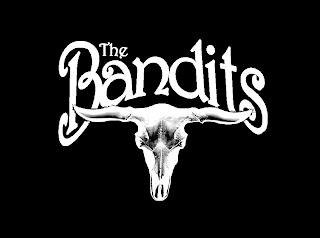


 "Free Fallin" is the opening track from Tom Petty's 1989 solo album, Full Moon Fever. The song was written by Petty and his writing partner for the album, Jeff Lynne. The song was released as a single, and was a top 10 U.S. hit in January, 1990.
"Free Fallin" is the opening track from Tom Petty's 1989 solo album, Full Moon Fever. The song was written by Petty and his writing partner for the album, Jeff Lynne. The song was released as a single, and was a top 10 U.S. hit in January, 1990. Considered to be one of the more introspective songs in Petty's body of work, "Free Fallin'" uses a simple acoustic riff coupled with offbeat lyrics. The song has an easy, mid-tempo acoustic rock structure, and features Petty's signature vocal style, and has become one of his most popular solo songs to date.
Original Guns N' Roses frontman Axl Rose once asked Tom how he came up with the line about vampires to which Tom replied, "When I'm driving, sometimes I see these shadowy-looking people just off the sidewalks, around the post office. I always thought of them as vampires for some reason."
The song has been covered and sampled by many other mainstream artists in concert, including De La Soul, the Grammy-award winning hip hop group from Long Island, New York, who sampled the track for "Fallin" in 1994. A song by American R&B-pop singer, songwriter, record producer, dancer, actress, and model Mya, also called "Free Fallin'", contains an altered version of the original chorus: "She's been free...free fallin'". It is sung basically the same way as in the original song. With reckless abandon.
See you backstage this Wednesday at Tuck Shop, from 8.30 pm, and Friday at the Prince of Wales pub, from 9.30 pm.


















































